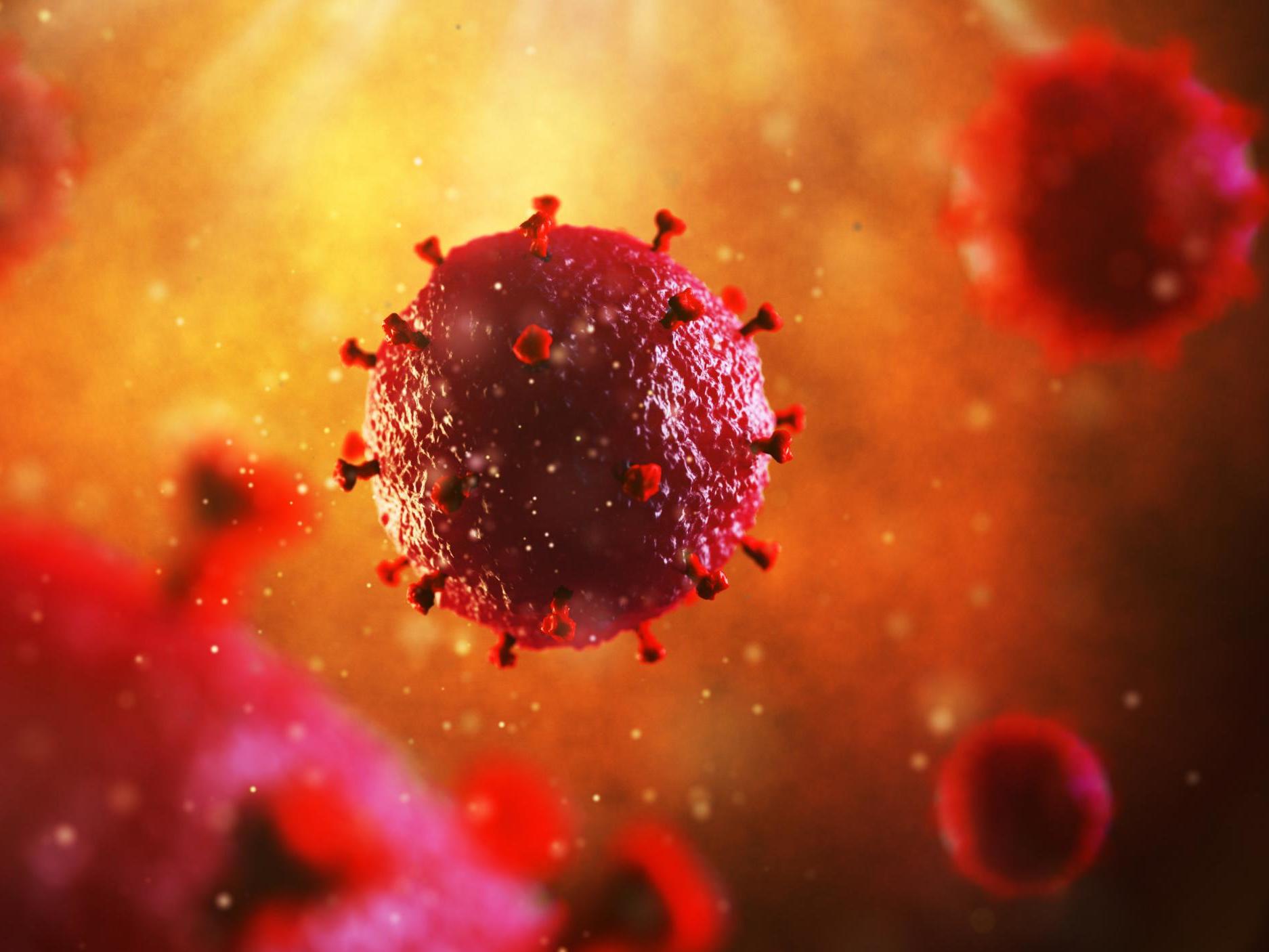HIV-cured patient case could 'open the door' to new gene therapies, scientist says
Researchers are 'very excited' over man's apparent recovery

Your support helps us to tell the story
From reproductive rights to climate change to Big Tech, The Independent is on the ground when the story is developing. Whether it's investigating the financials of Elon Musk's pro-Trump PAC or producing our latest documentary, 'The A Word', which shines a light on the American women fighting for reproductive rights, we know how important it is to parse out the facts from the messaging.
At such a critical moment in US history, we need reporters on the ground. Your donation allows us to keep sending journalists to speak to both sides of the story.
The Independent is trusted by Americans across the entire political spectrum. And unlike many other quality news outlets, we choose not to lock Americans out of our reporting and analysis with paywalls. We believe quality journalism should be available to everyone, paid for by those who can afford it.
Your support makes all the difference.The landmark case of a patient who has recovered completely from HIV could "open the door" to developing new treatments for the virus, a scientist has said.
The unnamed patient became the second person in history to recover from HIV after a stem cell transplant, researchers announced on Tuesday.
He received cells from a donor with a rare genetic mutation known as CCR5-delta 32, which confers natural resistance to HIV.
The man, known as the 'London patient' has not taken HIV drugs in 18 months and the virus has not returned.
Ravinder Gupta, a professor at University College London, said the team who worked on the case was "very excited" over the patient's recovery.
"The HIV community in general has been somewhat disillusioned about whether we can achieve cures for large numbers of people," he said.
The scientist told BBC Radio 4 that the patient's case "does open the door to understanding whether we can use gene therapy approaches to modify CCR5, which is the co-receptor of HIV".
But he added that the transplant could not be used to treat large numbers of people.
"It's clearly not a translatable approach for the general population who have HIV because the mortality associated with the transplant is significant," he said.
Despite this, the scientist remains optimistic about the development of an affordable future treatment.
"If you achieve remission you avoid lifelong antiretroviral therapy for millions of individuals and so I think the science just needs to be done and the economics should follow," he said, when asked about the financial accessibility of a possible treatment.
Timothy Ray Brown, the first man to ever be cured of HIV, was treated in Germany, using a similar procedure.
Gero Hutter, the doctor who treated Mr Brown, called the new case "great news" and "one piece in the HIV cure puzzle".
Members of the scientific community hailed the London patient's recovery but many urged caution and said stem cell transplants were unlikely to be used for most patients.
“The report of a second case of HIV remission is of great interest but does not move the scientific field forward very significantly," said Sarah Fidler, from Imperial College London.
"Rather, it reinforces the science that this is rare but feasible. The treatment this patient received is not safe, and not scalable. It is certainly not an option to be recommended for people living with HIV who are doing well on antiretroviral therapy."
"If we can understand better why the procedure works in some patients and not others, we will be closer to our ultimate goal of curing HIV," sad Graham Cooke of Imperial College London.
Stem cell transplants typically are harsh procedures which start with radiation or chemotherapy to damage the body's existing immune system and make room for a new one.
There can be complications involved and other attempts at treating HIV with this approach have failed.
“While this type of treatment is clearly not practical to treat the millions of people around the world living with HIV, reports such as these may help in the ultimate development of a cure for HIV," said Andrew Freedman from Cardiff University.
"This is likely to be many years away and until then, the emphasis needs to remain on prompt diagnosis of HIV and initiation of life-long combination antiretroviral therapy."
Additional reporting by agencies
Join our commenting forum
Join thought-provoking conversations, follow other Independent readers and see their replies
Comments